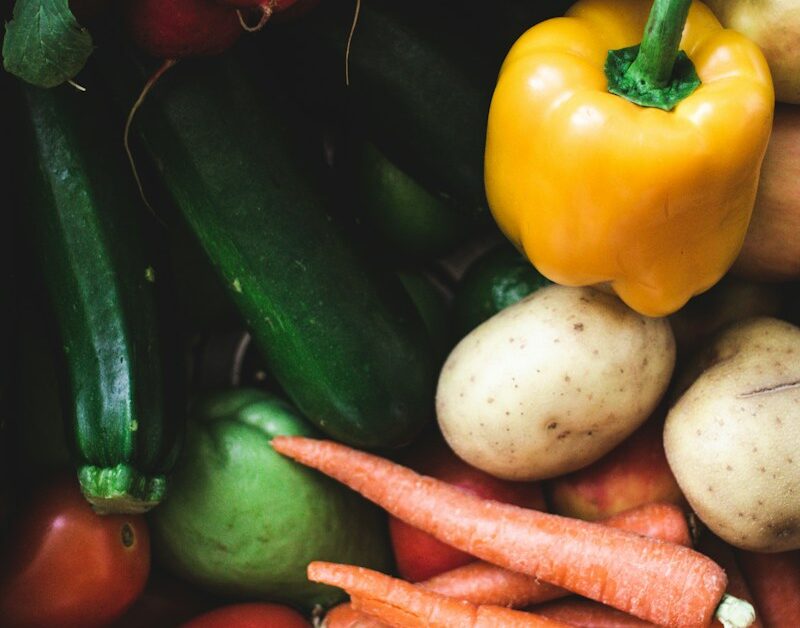Ghee is a type of clarified butter that has been used in Indian cuisine for centuries. It is made by simmering butter, which causes the water content to evaporate and the milk solids to separate. The remaining golden liquid is then strained to remove any impurities, resulting in a rich and flavorful cooking fat. While ghee is widely consumed and enjoyed by many, there is often confusion surrounding its vegan status. In this article, we will explore the question: Is ghee vegan?
Understanding Veganism
Before delving into the vegan status of ghee, it is important to understand what veganism entails. Veganism is a lifestyle and dietary choice that seeks to exclude the use of animal products for ethical, environmental, and health reasons. Vegans avoid consuming meat, poultry, fish, dairy, eggs, honey, and any other products derived from animals.
The Production Process of Ghee
To determine whether ghee is vegan or not, it is crucial to examine its production process. Ghee is made from butter, which is derived from milk. However, the process of making ghee involves removing the milk solids and water content, leaving behind only the pure fat. This process raises the question of whether ghee can still be considered a dairy product.
Ghee and Dairy
While ghee is derived from dairy, it is important to note that the final product does not contain any lactose or casein, which are the components that cause allergies and intolerances in some individuals. The removal of these components during the production process makes ghee suitable for those with lactose intolerance or dairy allergies.
Ghee and Animal Exploitation
One of the key principles of veganism is to avoid supporting animal exploitation. Ghee is made from butter, which is obtained from cow’s milk. The dairy industry is often criticized for its treatment of cows, including practices such as artificial insemination, separation of calves from their mothers, and confinement in small spaces. However, ghee itself does not directly contribute to these practices, as it is a byproduct of the butter-making process.
Alternatives to Ghee
For those following a vegan lifestyle or looking for plant-based alternatives to ghee, there are several options available:
- Coconut oil: Coconut oil is a popular substitute for ghee in cooking and baking. It has a similar texture and can provide a rich flavor to dishes.
- Avocado oil: Avocado oil is another healthy and vegan-friendly option that can be used as a substitute for ghee. It has a high smoke point, making it suitable for high-heat cooking.
- Plant-based margarine: There are many plant-based margarine options available that can be used as a spread or for cooking and baking purposes.
Conclusion
In conclusion, ghee is derived from dairy but does not contain lactose or casein, making it suitable for individuals with lactose intolerance or dairy allergies. While ghee is not considered vegan due to its animal origin, it is important to note that veganism is a personal choice, and individuals may have different interpretations and allowances within the vegan lifestyle. For those following a vegan diet, there are various plant-based alternatives to ghee that can be used in cooking and baking.
